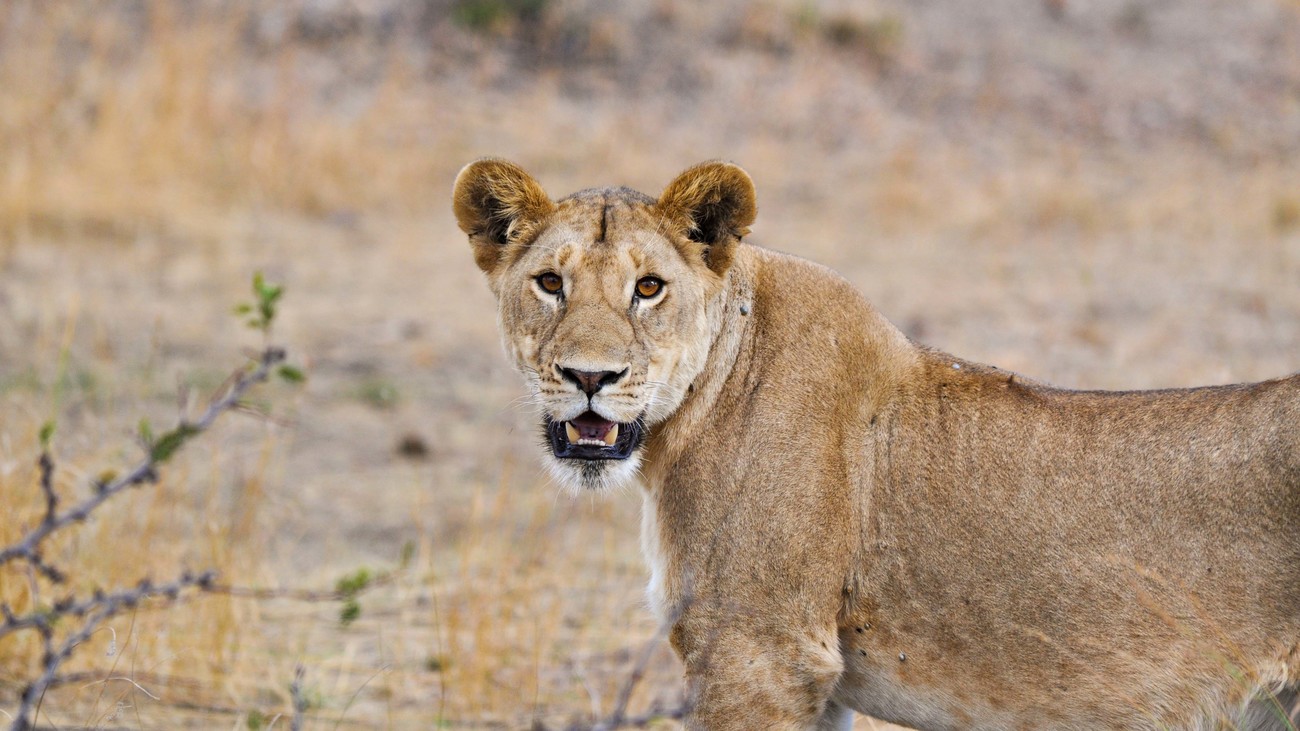Press releases
Young artists honoured in global contest celebrating World Wildlife Day 2026
Read morestatement from ifaw on authorities' response to recent lion killings in Uganda

It is with deep appreciation that IFAW congratulates the Uganda Wildlife Authority on the news that they have apprehended the individuals suspected of killing six lions in Queen Elizabeth National Park on or around the 19th of March.
The speed of these arrests and the involvement of community members in identifying the suspects is an inherent reminder of the importance of fostering long-term relationships and establishing trusted networks, between both law enforcement agencies and those living in and around protected areas.
These lions were a vital part of a vulnerable but critical population. Reduced significantly by threats including snaring, retaliatory killings and the active trade in their body parts for domestic and international markets, the risks posed to the viability of the remaining lion population in this landscape and across sub-Saharan Africa cannot be underestimated.
We respectfully call on all parties to redouble their efforts to secure a future for Africa’s lions. By tackling the challenges of human/lion coexistence, improving the functionality of protected areas, expanding law enforcement activities in source, transit and destination countries, and reducing consumer demand for wildlife products through tightening legislation and targeted behavior change campaigns, this iconic species can be protected for generations to come.
In addition to the important value of conservation-based tourism to Uganda’s economy, lions have an important cultural value for many Ugandans as a clan totem or used as symbols of royalty, bravery or strength. Thus, the killing of lions represents a fundamental loss of national cultural capital, extending beyond the loss of economic value.
Though the headlines will focus on the lions themselves, the collateral damage inflicted by the use of poison on other species such as ten vultures is equally deplorable, producing devastating threats to populations. Vulture numbers are in decline in many parts of their range, hence repeated incidents like these continue to be a notable threat.
IFAW is immensely proud of our relationship with UWA and our support of their work in Ishasha and in Queen Elizabeth National Park in general. We look forward to deepening this long-term relationship further and working with all committed parties to make incidents such as this one, a thing of the past. The future is simply too important.
Our work can’t get done without you. Please give what you can to help animals thrive.
Unfortunately, the browser you use is outdated and does not allow you to display the site correctly. Please install any of the modern browsers, for example:
Google Chrome Firefox Safari